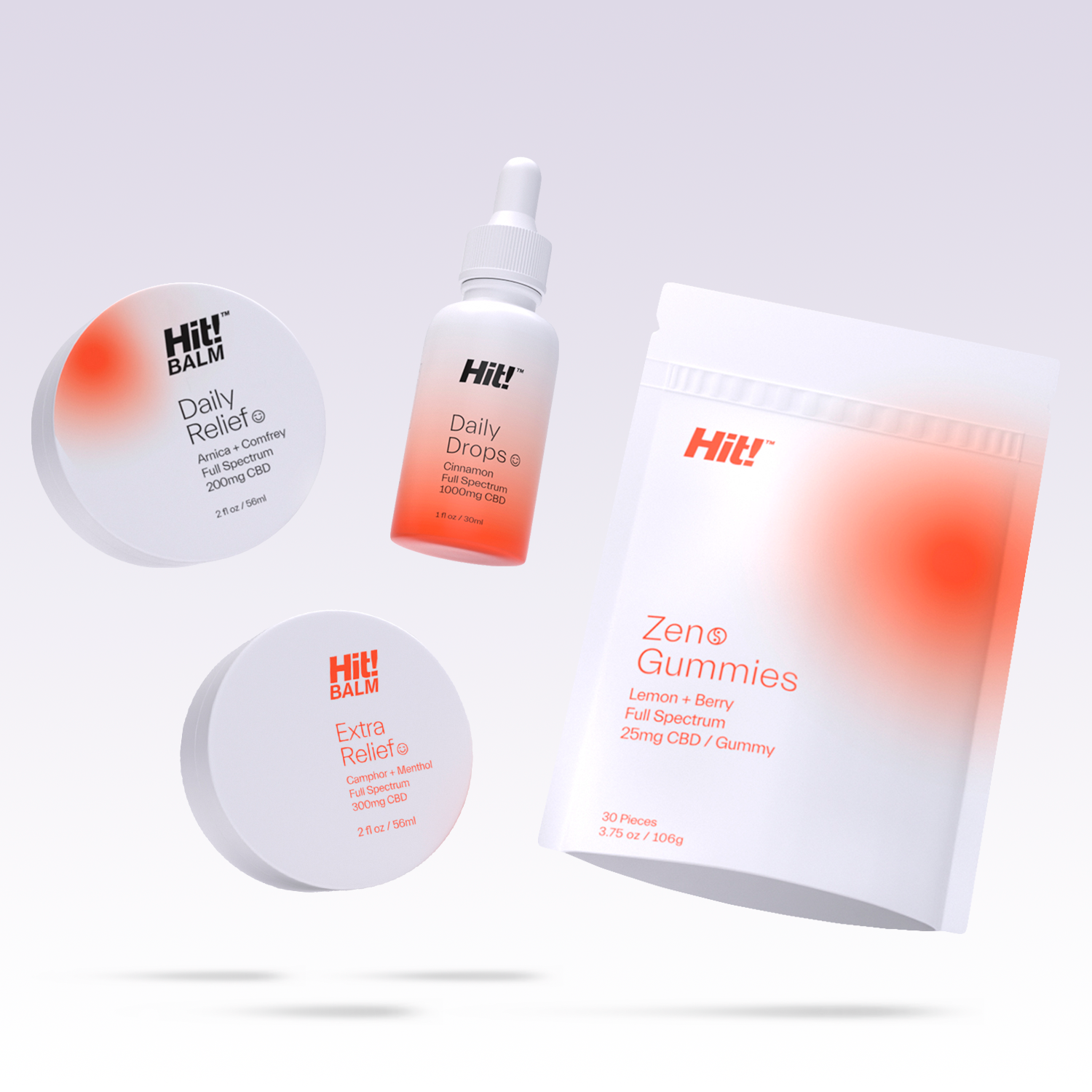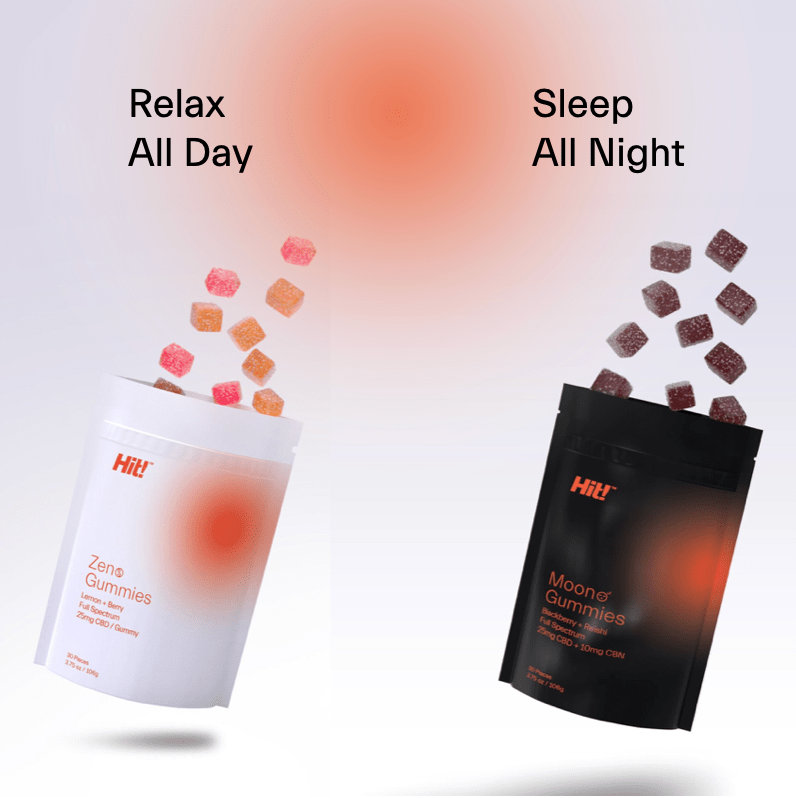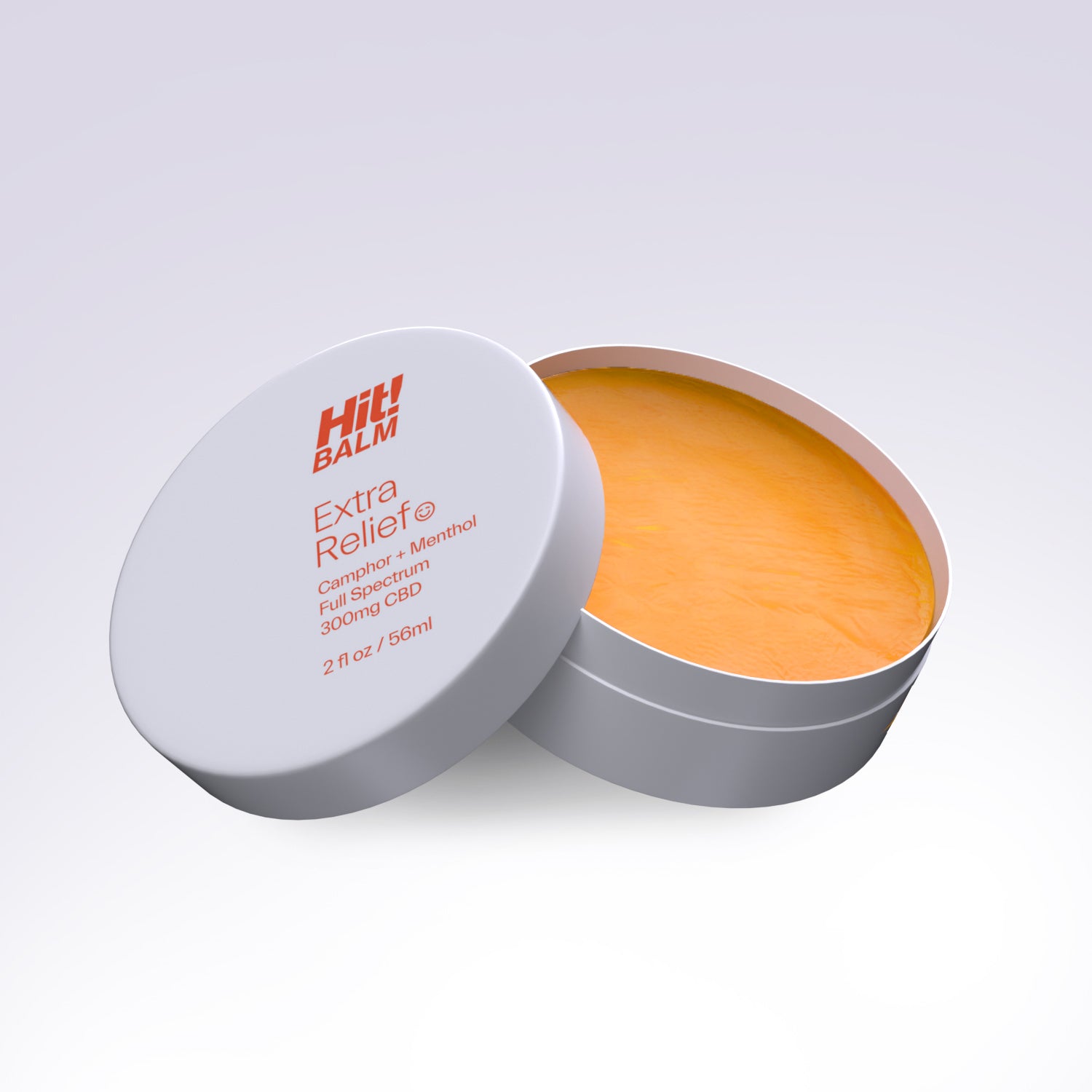The Healing Power of Kindness and Love: A Heartfelt Approach to Pain Management

It is important to recognize that pain is a deeply personal and complex experience. It exists beyond the realm of the purely physical, intertwining with our emotional and psychological states. While there is significant focus at Hit! Balm and elsewhere on treating the physical aspects of pain, recent research has supported what we intuitively know; that giving is its own reward and that kindness and love can play significant roles in mitigating chronic pain.
The effectiveness of kindness and love in pain management may appear dubious to the sceptical eye. However, a growing body of scientific evidence supports this notion, challenging traditional perspectives on pain management.
Kindness, compassion and love evoke positive emotional states that initiate a cascade of beneficial physiological responses. For example, a study by Kok et al., (2013) found that practising loving-kindness meditation increased daily experiences of positive emotions, which, in turn, produced increases in a wide range of personal resources such as increased mindfulness, purpose in life, social support, and decreased illness symptoms. This 'upward spiral' effect positively influenced overall health, proving the potency of love and kindness in our well-being.
A quote that reverberates in this context is by the Dalai Lama: "Love and compassion are necessities, not luxuries. Without them, humanity cannot survive." If we apply this concept to pain management, it is clear that kindness and love towards oneself and others can create a nurturing environment conducive to healing.
Kindness begins with self-compassion, which is essential when dealing with chronic pain. A study by Costa & Pinto-Gouveia, (2011) found a negative correlation between self-compassion and chronic pain, suggesting that the more self-compassionate individuals report less severe pain. This may be due to the activation of the body's parasympathetic nervous system – our 'rest and digest' response.
Mindfulness-based stress reduction (MBSR), a program that combines mindfulness meditation and yoga, has been clinically proven to reduce chronic pain and improve mental health (Cherkin et al., 2016). A critical aspect of mindfulness is treating oneself with kindness and compassion, promoting an accepting, loving relationship with one's own body, even in the face of pain.
Kindness towards others also has a profound effect on pain. A study by Eisenberger et al., (2017) found that performing acts of kindness releases endorphins, often termed the body's natural painkillers. The act of giving to others activates regions of the brain associated with pleasure, social connection, and trust, creating a 'warm glow' effect, that can help alleviate physical pain.
The profound connection between emotional and physical well-being underlines the need to approach chronic pain management from a more holistic perspective. Integrating kindness and love into our pain management strategies does not replace medical treatment but rather complements it, creating a symbiosis of body and mind healing.
The integration of love and kindness into a pain management approach is more than just a feel-good concept; it is rooted in science and could offer a lifeline for those suffering from chronic pain. As the renowned poet Rumi once said, "The wound is the place where the light enters you." Let that light be the warmth of kindness and the power of love, and embrace the transformative journey of healing.








Leave a comment